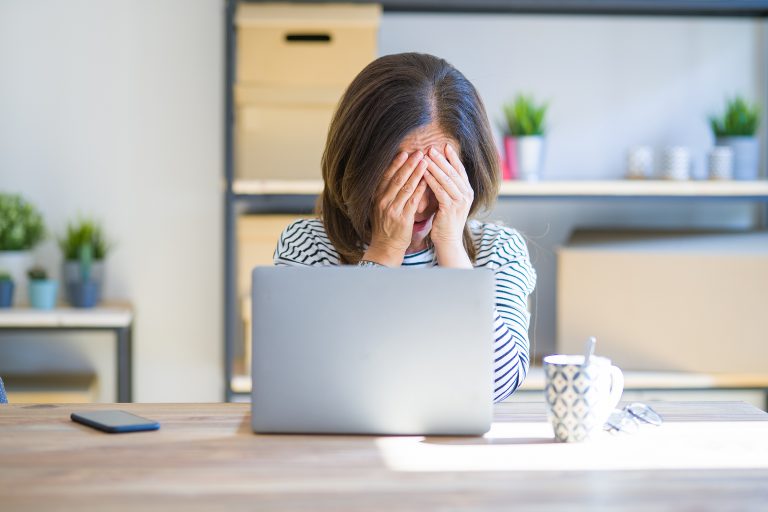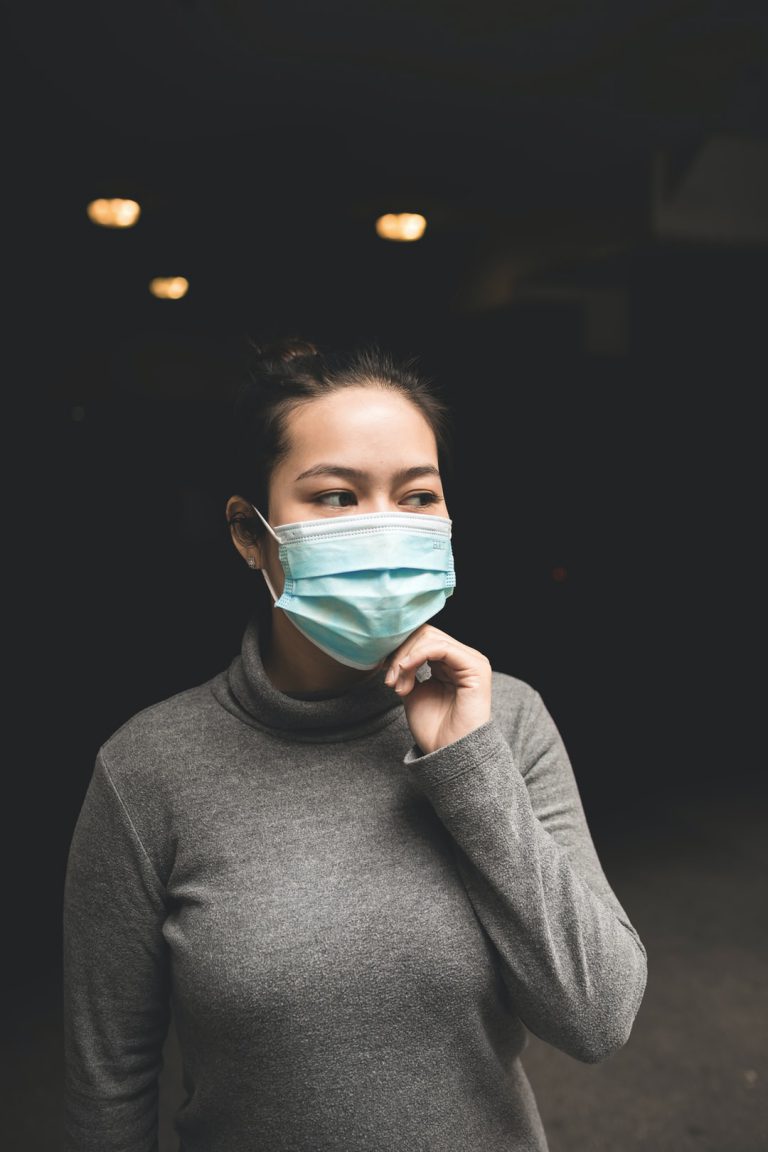Anxiety 101: Everything You Need to Know about Anxiety and Its Symptoms
It’s no secret that anxiety has reached epidemic levels in society today. It’s estimated that 30% of adults suffer from an anxiety disorder. Yet most people aren’t aware of what anxiety actually is or how to recognize it in their own lives and receive help with anxiety therapy.
We’re here to change that, and we want to help you learn more about the causes, symptoms, and treatment options when you experience anxiety. Here’s everything you need to know about anxiety and its symptoms.
What is Anxiety?
Anxiety is a feeling of worry, nervousness, or unease that can be mild or severe. It’s most common in people with an anxiety disorder, but it can also affect anyone who has general feelings of worry.
In order to be diagnosed with an anxiety disorder, your symptoms must have met certain criteria in the DSM-5-TR (Diagnostic and Statistical Manual of Mental Disorders), persist over a 6-month period, and interfere substantially with your normal routine, occupation, or interpersonal relationships.
The intensity and amount to which bodily sensations happen vary greatly from person to person. If a person’s anxiety is overwhelming and hard to cope with, they might be experiencing an anxiety disorder.
The truth is that anxiety is one of the most common mental health conditions out there, with nearly 1 in 4 people experiencing some form of it at some point in their lives. When we experience anxiety, our bodies release stress hormones like cortisol into our bloodstream. A high level of cortisol in your system can interrupt the natural balance of hormones and neurotransmitters in your brain. Unstable levels of these chemicals cause feelings of worry, uneasiness, irritability, and difficulty sleeping among many other symptoms. These hormones also cause physical reactions like increased heart rate and muscle tension.
Some common physical anxiety symptoms include:
- A fast heartbeat
- Shortness of breath
- Trouble concentrating on tasks
- Chest pain or discomfort
- Stomach problems such as nausea or diarrhea
- Dry mouth

The Cause of Anxiety Disorder
There is no one specific cause of anxiety, but there are many factors that can contribute to someone developing anxiety. For example, a traumatic event in the person’s past, genetics, or medical condition may all be contributors.
People with other mental health issues like depression or OCD are more likely to develop an anxiety disorder than those without. In some cases, the person may have developed an anxiety disorder for no reason.
The good news is there are many things you can do to help manage your anxiety before it gets worse and starts affecting your daily life. The first step would be finding out what is causing it (medical conditions, medications, traumatic events, etc.). If you think you might have an anxiety disorder or another mental illness, talk to a therapist who specializes in this area.
The Different Types of Anxiety Disorder
There are a few different types of anxiety disorders. These include generalized anxiety disorder (GAD), panic disorder, social phobia, obsessive-compulsive disorder (OCD), post-traumatic stress disorder (PTSD), and specific phobias. The symptoms of each can vary greatly depending on the person. However, there are some shared signs that may indicate someone is struggling with any type of anxiety.
Below is a list of the most common symptoms.
- A feeling of impending doom or danger
- Nervousness or tension
- Inability to concentrate
- Restlessness or feelings of being slowed down
- Muscle tension or twitches
- Sleep problems such as insomnia, sleep apnea, and vivid dreams/nightmares
- Indigestion, nausea, upset stomach
- Dry mouth and throat
- Headaches or sore neck
The severity of these symptoms can vary from person to person. Some people may only experience them occasionally while others may feel them chronically. The good news is that there are effective treatments for anxiety disorders that can be implemented at home or through the help of a therapist. For example, Cognitive Behavioral Therapy has been shown to reduce anxiety levels in patients. The first step is recognizing that this disorder exists. But if you think you might have one of these conditions and want to know more about what treatment options are available, talk with a mental health professional who specializes in treating anxiety disorders.

Anxiety Therapy and Treatment Options
In order to understand anxiety, it’s important to get to the root of the problem. Anxiety may make it hard for you to do your school or work properly because it can affect your energy, memory, and concentration, as well as other aspects of your daily life. Cognitive-behavioral therapy can help you better understand what sets you off and how to start making yourself less sensitive to those stimuli.
Cognitive Behavioral Therapy
Cognitive Behavioral Therapy (CBT) is one type of psychotherapy that can be effective for people with anxiety disorder. CBT helps you understand how thoughts may affect your feelings and behaviors. Exposure therapy is another type of psychotherapy that can help you face your fears by gradually exposing yourself to the things you’re afraid of. For example, if you have an intense fear of heights, exposure therapy would involve going to progressively higher places until you no longer feel any fear.
Mindfulness-Based Stress Reduction and Dialectical Behavioral Therapy
Another anxiety therapy approach that helps treat anxiety is Mindfulness-Based Stress Reduction (MBSR) or Dialectical Behavioral Therapy (DBT). MBSR teaches you mindful meditation techniques to focus on the present moment. DBT trains people who experience extreme distress due to events outside their control. While all these therapies have proven effective for anxiety disorders, one important thing to note is that they need not be used in isolation. To manage anxiety disorders, some people may need both therapy and medication. Working with your doctor and therapist to determine which treatment is right for you is essential.

Start Anxiety Therapy in San Ramon, CA
At Sweet Mango Therapy Group our team knows that anxiety, no matter the type, can be stressful and overwhelming. You deserve to have support and guidance without judgment. Our therapists are here to help you develop healthy coping skills to work through the root causes of your anxiety. If you’re interested in beginning anxiety therapy:
- Contact us to schedule an appointment
- Meet with one of our caring therapists
- Start feeling better today
Other Therapy Services at Sweet Mango Therapy Group
Our therapists at Sweet Mango Therapy Group understand that you may have many struggles you are dealing with, and we want to help you in any way we can. In addition to anxiety therapy, we offer a variety of other therapy services such as brainspotting, trauma counseling, depression counseling, and family therapy. If you have any questions or would like to learn more about our services, reach out today! For more about us check out our blog or FAQs!







